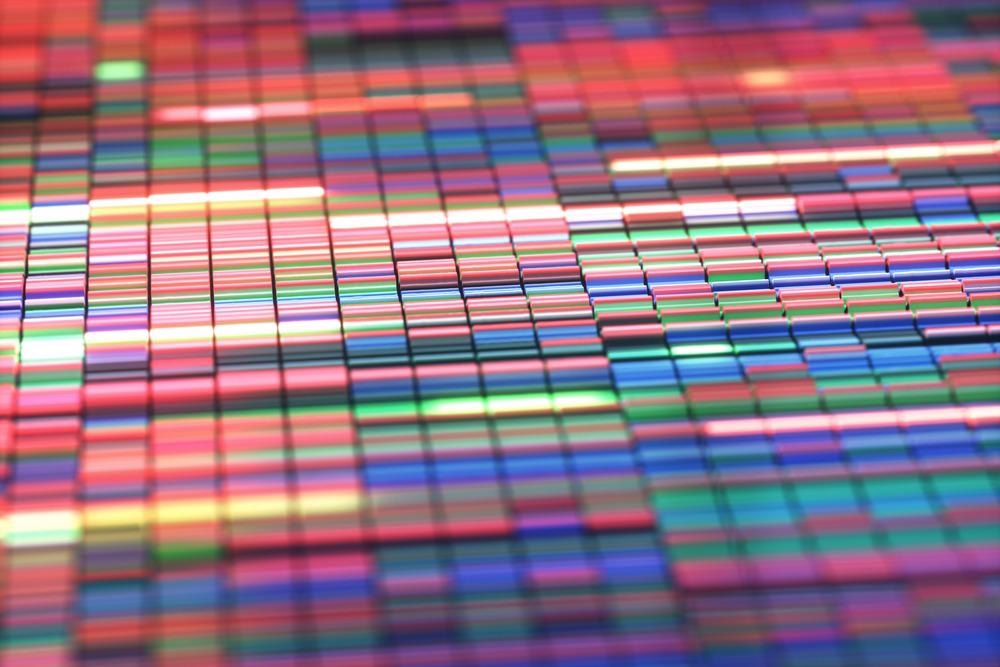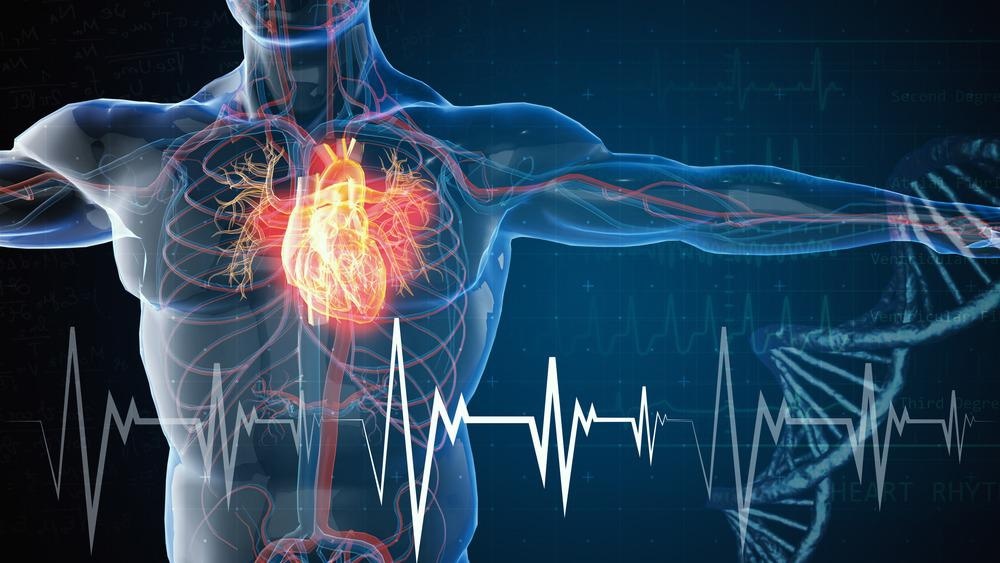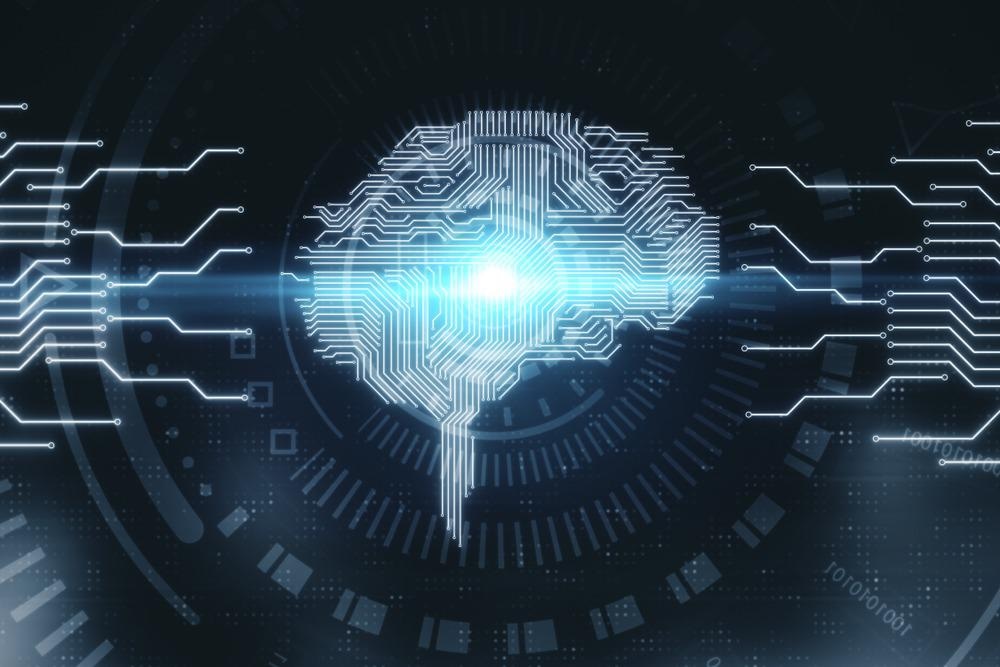In this interview, we speak to Dr. Santiago Miriuka, CEO of MultiplAI Health, about the importance of having diverse genomics data in research.
Please could you introduce yourself and tell us about your role within MultiplAI Health?
My name is Santiago Miriuka and I’m a cardiologist specializing in heart failure and heart transplantation, but I’m also running a basic science lab focused on pluripotent stem cells and cardiomyocyte differentiation. I also developed a deep interest in applied bioinformatics and data science in the past years.
Looking for a different perspective about my research and my professional interests, I got interested in the startup world. So I co-funded MultiplAI Health together with Carlos Luzzani and Mark Ramondt. I’m currently the CEO of the startup.
Can you give an overview of MultiplAI Health and your aims?
We aim to digitalize and make sense of the whole blood transcriptomics and apply it to cardiovascular risk prediction. We use deep RNA-seq and Artificial Intelligence for this purpose. We can detect more than 20 thousand expressed genes in the blood and correlate them with cardiovascular risk factors based on these techniques.
We see a gene signature for those conditions increasing the chances of having a cardiovascular event, including diabetes, high blood pressure, and high cholesterol. We have also observed a specific signature in those patients with calcium deposition in their coronary arteries, a validated surrogate marker of cardiovascular risk.
Our long-term goal is to develop a powerful way to uncover hidden gene signatures for many different diseases, not only cardiovascular ones. We believe that these powerful technologies allow a breakthrough on how blood tests can be performed, integrating genomic and gene expression information and uncovering complex gene interaction that allows better and earlier identification and stratification of chronic diseases.

Image Credit: ktsdesign/Shutterstock.com
Despite millions of people all over the world being diagnosed with various diseases each year, diagnostics are often inaccurate and time-consuming. Why is this and what problems is this creating globally for patients?
There are definitively several problems with medical diagnosis. For decades, diagnosis has been based on medical judgment and simple and non-precise blood or imaging test. There have been incredible advances in blood analysis and imaging techniques over the years. However, we still trust medical judgment for ordering the proper test at the right time. So, these in practice often mean delays and mistakes, particularly with complex and chronic diseases.
One example is ischemic heart disease. For many years we have known that coronary artery disease begins in many cases in childhood. Many people are born with a genetic predisposition, minimal but present, to develop vascular conditions, and during the early years of life, many of these people also develop many disorders that result in arterial wall damage, including high blood pressure, overweight, diabetes, and so on. However, it takes many years to see severe vascular complications, such as a heart attack or a stroke. Still, at this stage, it is essentially late to prevent the early damage, and in some cases, to prevent myocardial infarction or a stroke, or even a fatal outcome.
In my specialty (cardiology), we have succeeded in dealing with these later stages of the disease. However, we haven’t been able to detect who is at high risk precisely and timely. Our risk prediction models pick up the most apparent high-risk subjects but often fail. Moreover, newer imaging studies can be costly and harder accessible.
But there is also another big problem with medical diagnosis, and it is that there have been enormous changes in how we can identify medical problems. Still, we have not adapted to these changes. It is well known that science advances at a speed that is hard to implement in medical practice. But we are in front of an era with huge changes in how patients live and how medical doctors perform medicine, and we have to adapt to these changes. Take, for example, a smartwatch to identify medical problems, such as atrial fibrillation. Apple made a clinical trial that falls outside many medical standards: massive, simple, global. And they provide a simple way to change atrial fibrillation outcomes.
Finally, there is COVID. COVID taught us that we have to change how we provide medical care for chronic diseases. Many chronic conditions went unattended (and still are) because of covid, so we have to find a new way to simply and remotely provide a medical diagnosis.
MultiplAI Health specializes in cardiovascular diseases and aims to make frequent screening possible for anyone on Earth. How are you trying to achieve this and what impact will this have globally?
First of all, a screening test should be accessible. Everybody should be able to get it. If you have a fantastic imaging study that can only be performed in a central location, in a big city, with highly trained personnel, you will not achieve this goal. So, we design a test accessible by just analyzing the peripheral blood, as in any blood test drawn in a standard blood tube, and stored easily until shipped to a central facility. So, you can get our test even in a little village.
A second and essential goal is to be as accurate as possible. That is a goal for every diagnostic test, but it has been proved not to be an easy task. There are many false positives and negatives, and the consequences of these are not meaningless. So we believe that the best way to achieve a highly effective test is by combining powerful technologies that give as much information as possible. One of them is RNA sequencing, which provides an enormous amount of information about a central molecule of blood and tissues, such as all the forms of RNAs. The other one is the powerful AI algorithms, which provide an understanding of complex information that humans simply cannot assess. It is easy for a physician to understand a blood lipid profile, but it will not make sense for a test with thousands of genes. So, the information must be digested, and the proper way now is using deep learning.
We have seen incredible results by using both technologies, and we believe that these technologies will change the way medicine is practiced in the next years.

Image Credit: santoelia/Shutterstock.com
For the Genesis 2021 Conference, you took part in a panel discussing ‘Biotechnologies for Global Challenges’ specifically looking at diversifying genomics. Why are you passionate about this topic?
Genomic diversity is probably one of the most important topics in medicine in the next decades. We are all different, and we all respond differently to our environment. That is too obvious. What is not that obvious is how this can change our knowledge, clinical trials, and medical practice.
In the past decades, we have seen many drugs that are well known to be effective in some people but not in others, but it has been our practice to give them to everybody. This approach is valid if you don’t have a way to assess if it is truly effective in that patient. However, we have a way to improve our indications with genomic medicine. And not only drug indications, but these ideas also applies to diagnosis, prognosis assessment, or any other medical intervention. So, truly, precision medicine is possible. Why is it interesting to me? As a cardiologist, I have seen the impressive advances in oncology, and I believe that the same is possible in my specialty.
Why is diversity in genomic research so important? What impact does having diverse data have on emerging scientific advancements?
Again, in an ideal world, every medical decision should be guided by our genetic background and the current environmental circumstances, which we believe is expressed at the RNA level. Of course, that is an incredible task that will take ages to be achieved, but we can see the surge of technologies that will make it possible. So, the impact is hard to understand at this point, but suffice it to say that all medical practice at some point will be guided by more personal knowledge of each individual and not by a general knowledge base on population statistics.
By the way, genomic diversity, I believe, is much more complex than assessing polygenic risk scores. There are different layers of genomic diversity, including epigenetic differences and transcriptomics, which are strongly modulated by exposure to our environment. So, a similar PRS score may be different according to epigenetics or the country where the patient is situated.
What more should scientists, researchers, and organizations be doing to ensure diversity within their research and data?
This is a hard question. It is easy to give many intelligent answers, but practical ones are hard. Of course, ensuring different genetic backgrounds is essential, but there are many barriers to its implementation. In the future, it will be more accessible by implementing modular, translational clinical trials that will better reflect the natural genomic diversity. Meanwhile, scientists, individually, will have to trade between clinical trial feasibility and genomic diversity.

Image Credit: Peshkova/Shutterstock.com
Artificial intelligence (AI) has become increasingly prominent in a range of sectors within the scientific community. How has AI impacted the diagnostics space and do you see this role changing in the next 10 years as technology develops?
When I learned about AI a few years ago, I immediately realized that it makes what a physician does in clinics. You listen to the patient, examine them, perform some tests, and then integrate the information to make a diagnosis or give an indication. But we are humans, and we have all sorts of limitations. We can learn a limited time a day, and to a limited extent, we can assess a relatively small amount of information simultaneously, and so on.
AI can easily overcome all these challenges. And even more, there are many cases where AI has been shown to be superior to humans. I don’t think humans are that good at integrating information from different dimensions. So, as a revolutionary technology, it will take a few years to get into medical practice, but it will, and I believe that AI will be applied at all levels. However, I think there will be two barriers that will delay the adoption of these technologies.
One is regulators, not because they are obstacles, but because they need to learn and understand to make the best judgment. And that usually takes time. It is generally slower than scientific advancements. Second, public adoption and confidence. That also takes time, and many people still may feel more comfortable if a diagnose is done by a human, even though scientific evidence dictates that an AI algorithm is better.
What's next for MultiplAI Health?
We have many tasks in the next month and year to get where we want. We need to create and develop proper clinical trials and digitalize the blood transcriptomics of the patients. We have in place all the bioinformatic and deep learning algorithms that can make sense of the data, but I believe that there are many ways to analyze and squeeze the available information. We are also interested in academic collaborations and partnerships.
Where can readers find more information?
Visit our website here: www.multiplaihealth.com
About Dr. Santiago Miriuka
I trained as a physician in Argentina at the U. of La Plata. I also completed my Ph.D. and then completed my specialization in cardiology at the University of Buenos Aires. I specialized in heart failure and heart transplantation at the University of Toronto in Canada, where I also did a Master's in Cell Biology. I also did a Master in Clinical Trials at the LSHTM in London.
For the past 15 years, I ran a lab in Buenos Aires, Argentina focused on pluripotent stem cell and cardiac differentiation. We were interested in all sorts of RNAs involved in this process. I took an interest in bioinformatics and data science and even learned to code in python and R. That is the genesis of MultiplAI Health when we were working on applying deep learning to RNA-seq data.